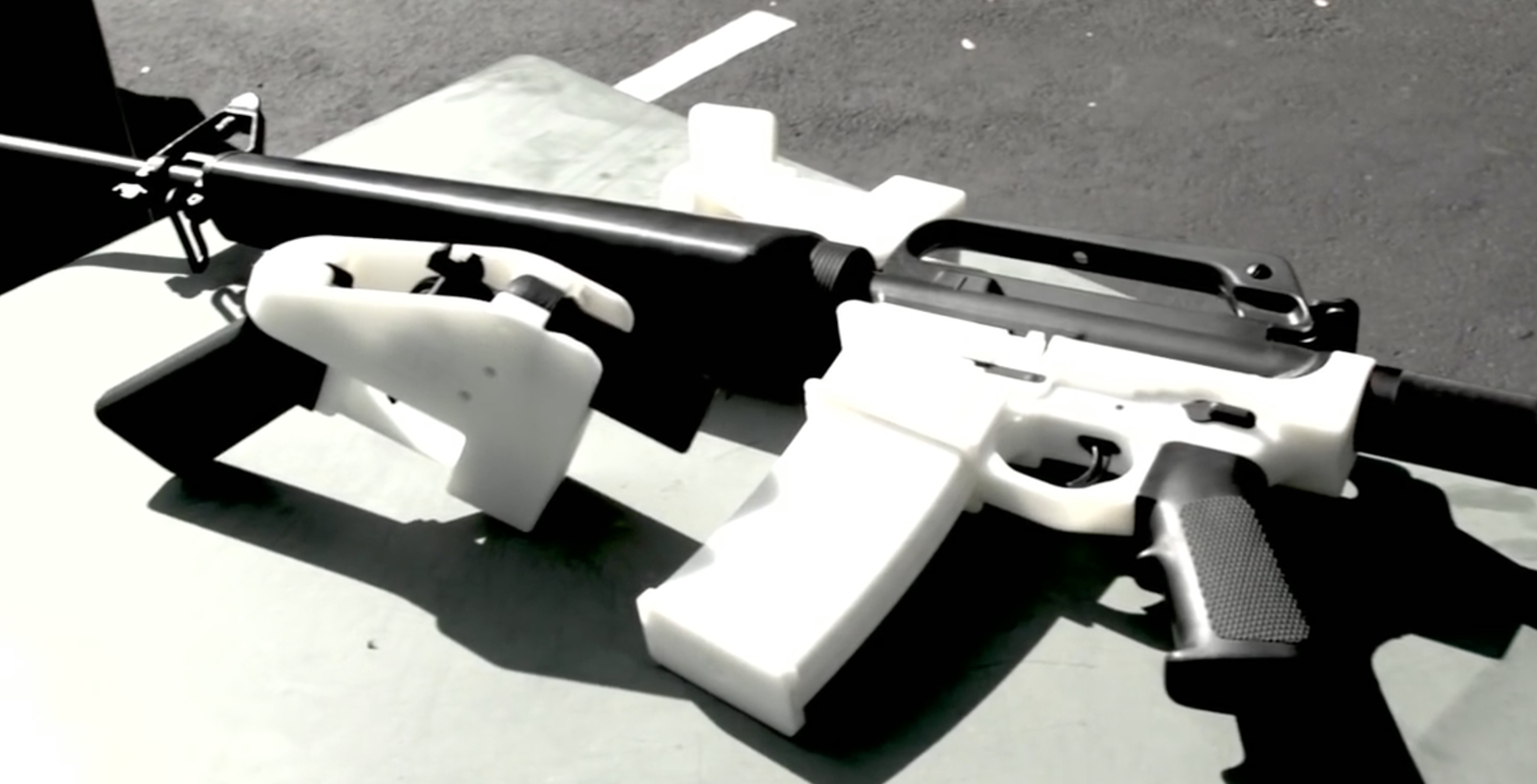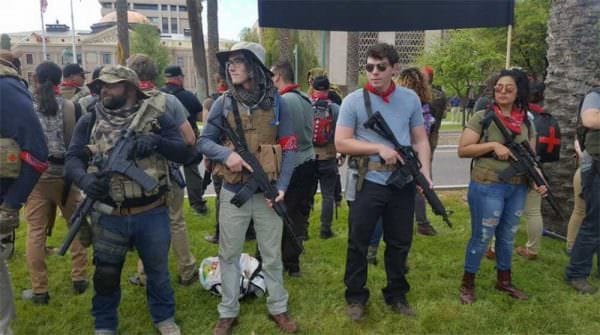What spurs me to write about this topic isn’t -- thankfully -- another mass shooting. (Does that mean it's a good time to talk about gun policy? Is there ever a good time?)
Rather, I listened to an unexpectedly horrifying podcast.
I get it and feel it. I understand that it is bad. But I'm already in a place - like an activist mentality - what is going to be done with this event? How is this going to be used? How is this going to be used against me? Look. I mean, that's where I am.
Let’s decode the pronouns. “This event” is Newtown. (Yes, that Newtown.) “It” is murder. The guy quoted above is Cody Wilson, who has been a driving force behind using 3D printers to make guns and gun parts.
Podcasts regularly feature some grisly crimes and terrible people. Can’t say I was expecting it from NPR’s economics podcast “Planet Money” though. Wilson was featured in the episode, “The Gun Man”.
When he learned about the murder of children, his reaction as an “activist” was to be primarily concerned with how it impacted his dream of making most any type of gun available to anyone with access to a 3D printer.
To put it kindly, Wilson comes across as the guy you hope never talks to you at a party.
Technology has empowered him -- and others like him -- in a way that likely can't be walked back. He really can make untraceable guns from widely available technology. That knowledge really has spread around the world. Short of Station Eleven-style mass regression in technology, 3D printing capabilities are only going to improve.
Sure, we’ve had weapons capable of mass destruction for a long time. It’s just before the advent of commercial assault weapons, it took some work and usually the approval of several other people to commit the sort of carnage, say, the lone Vegas gunman did. (Or the Sutherland Springs gunman. Or any of the other 307 mass shootings in the U.S. during 2017.)
Mass availability of assault weapons has given us a society where an individual can decide to end dozens of lives in a couple of seconds. Now with 3D printing, you can expect the distribution of assault weapons to hit overdrive in the near future. Pretty much anyone who wants to take a lot of lives won't be stopped by lack of tools to do so.
Side note: An important thing about those who use assault weapons professionally -- military and, in some instances, law enforcement -- is that there's a command structure. It’s odd that in some ways, our soldiers face more restrictions firing their weapons than the “Stand Your Ground” law that kept George Zimmerman out of jail.
Side note: An important thing about those who use assault weapons professionally -- military and, in some instances, law enforcement -- is that there's a command structure. It’s odd that in some ways, our soldiers face more restrictions firing their weapons than the “Stand Your Ground” law that kept George Zimmerman out of jail.
The problem is that in our modern world, a lax approach towards anything approaching gun control coupled with ever-evolving technology means that unintended consequences -- mass murder by a deranged individual, intimidating the exercise of free speech by those who aren't armed -- comes at the expense of the “unalienable” rights to life, liberty and the pursuit of happiness.
Think about John Locke’s idea of unalienable rights: he (and later, the Founders) believed in the revolutionary idea that they weren’t granted by a king or government. Rather, these rights are given to everyone simply by the virtue of being human. The purpose of government, first and foremost, is to protect those rights.
Of course, anyone who says there's an easy policy solution for any of this is conning you. It's true that most other countries don't have issues with mass shootings because of tight gun control. However, short of waiting for generational change in the Supreme Court , it isn't happening here. (Thanks DC vs. Heller.) I’m also skeptical about most proposals regulating 3D gun printing since I don't know how it's practical to meaningfully regulate a machine that runs a computer program to shape plastic.
I worry, though, that having our gun policy effectively set by people like Cody Wilson will come at a great expense. Namely, the rights we'll see scaled back are those the Second Amendment was originally intended to protect.


No comments:
Post a Comment